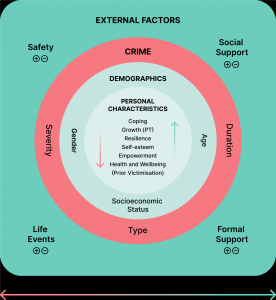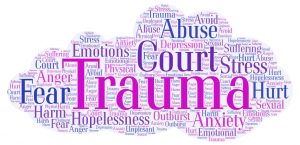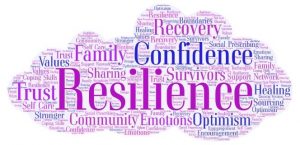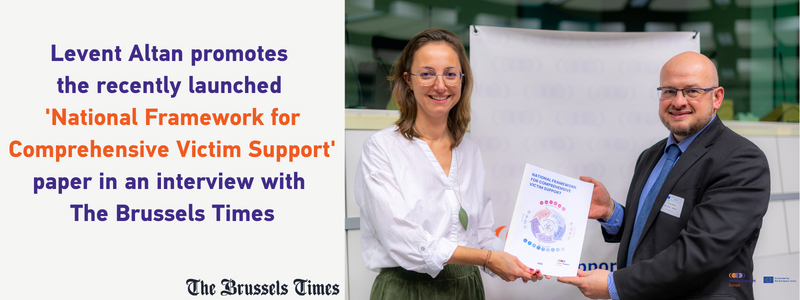Victim Recovery … a wider horizon


Any just society will choose to prevent problems rather than to treat them. This costs much less money but more importantly avoids the harm to be caused. Yet our government budgets too often fail to fund upstream so we are left to deal with the consequences, in our field of work….. the impact of crime.
As victim support agencies should our focus then rest on the victims’ journey from crime to court or are we called to serve a greater agenda?
I suggest the greater agenda, that though government may wish to fund the engagement of the victim in the criminal justice system, our focus is wider, on the victim and their recovery. This immediately extends our task to include partners from health and community settings and demands the extra mile from ourselves in terms of better understanding that journey, hearing the victims voice, assessing needs and developing new initiatives that address those needs.
Research conducted in 2021 by Victim Support NI into the victims recovery journey suggests multiple factors that can affect successful recovery for a victim of crime.

For example, the importance of a safe and secure space from which to start recovery is one of a number of external factors. Judith Hermans 3 stage trauma recovery model reinforces this critical foundation.
As we better learn about the victim’s recovery we see the need to extend our services beyond the court case and to work with others to address a whole range of recovery needs.
Victim recovery needs the collaborative effort of local community, family and friends and other professionals to aid progress but Victim Support can provide a critical expertise in coordinating this after court. Our relationship with the victim and the trust that is already established enables that safe platform for recovery to develop as we journey with the victim.
In Northern Ireland our recovery programme includes the following key elements after court:
- The effective assessment of needs shaping and forming their support including, where appropriate, referral to the most appropriate partner agency
- Building that safe, stable foundation for recovery
- Building trusted relationship and training staff to understand trauma, how to reduce anxiety, to regulate emotions and to increase confidence
- Supporting victims towards better health and well being eg building healthy assets, healthy relationships, managing external voices.
- Releasing victims as ‘thrivers’ to stand stronger and more resilient, connected into local community support networks and friendship groups that will enhance their recovery.
It feels so right that we make sure our victims of crime are strong and resilient before they leave our service and we learn so much working with that wider group of partners in Health and Community settings. We measure an increase in resilience as evidence of success aiming to change the victim experience from one of Trauma to one of Resilience.


This extended journey brings us into relationship with doctors, with mental health professionals, with families and friends and with community organisations and activity centres. It makes us expert in trauma-informed practice, focusing us on enabling the victim to not only survive but to thrive.
The Victim Recovery Journey (2021), McGuigan, K. and Horigan, G., Victim Support NI
https://www.victimsupportni.com/site/wp-content/uploads/2021/11/Victim-recovery-journey-Final-Report.pdf
Trauma and Recovery: The Aftermath of Violence – From Domestic Abuse to Political Terror, (1992), Herman, J.L., Basic Books
Opinion written by:
Peter Crory
Head of Service, Victim Support NI



